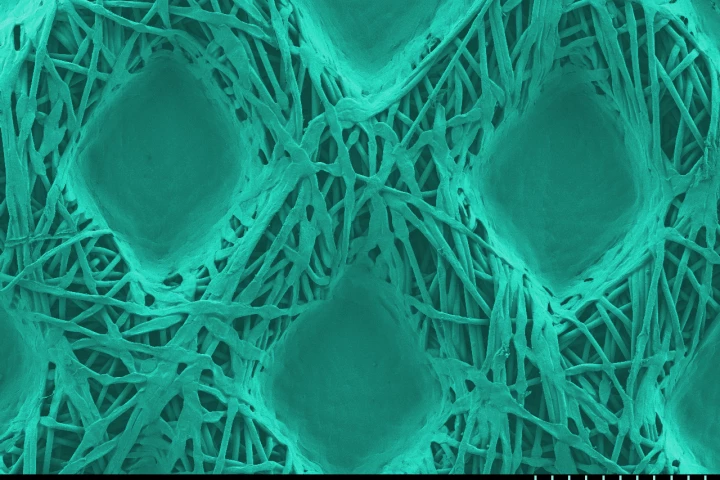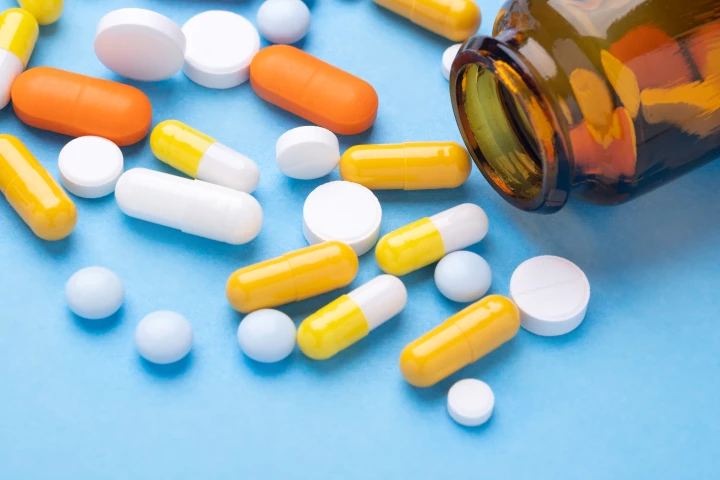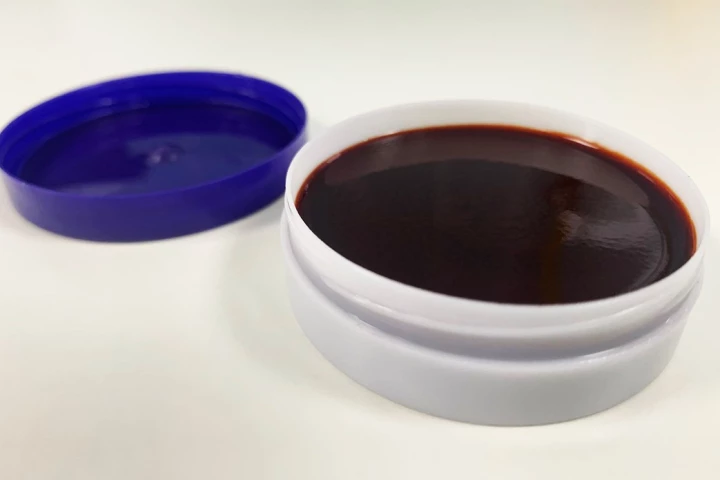Viruses and Bacteria
-
Current evidence suggests many organisms will struggle to keep pace with a changing climate. However, unlucky for us, some pathogens may thrive – including, as this new study suggests, the bugs that cause the common diarrhea illness campylobacteriosis.
-
Hospitals are meant to heal people, but patients often pick up superbugs during their stay. Scientists have now developed long-lasting antimicrobial coatings for textiles that could allow hospital curtains to quickly kill viruses and bacteria.
-
Scientists have discovered that viruses can latch onto other viruses to insert their genes into host cells. Lab results with apparent contamination led the team to directly see the strange interaction for the first time.
-
Although we're moving away from being a throw-away society, single-use nitrile gloves are still widely utilized in healthcare settings. That may not always be the case, however, thanks to the development of reusable gloves that cook viruses.
-
Dynabeads are microscopic magnetic spheres which scientists use to isolate certain types of cells and proteins. Now, MIT researchers are developing a method of using the beads to quickly spot pathogens in drinking water or blood samples.
-
Decades of work has paid off, with scientists developing a potent new synthetic molecule that swiftly knocked out 285 strains of bacteria it was tested on, setting it up as a valuable ally in our fight against a looming superbug infection crisis.
-
Viruses may get a bad rap, but some of them can be helpful to fight off bacterial infections. ETH Zurich scientists have demonstrated a new way to use them to diagnose which bacteria is causing a UTI, and then launch a stronger attack against them.
-
A natural arms race, usually between predator and prey, is one of the most fascinating phenomena in evolutionary biology. But if humans don't find a way to get ahead in our fight with bacteria, we may be dealing with 10 million deaths a year by 2050.
-
Why do some people naturally make it to the ripe old age of 100 while remaining free of illness or disease? A new study may have an answer to that question, and the bottom line is that it has to do with what’s in our gut.
-
If there's one thing that the past few years have made us of aware of, it's the danger of respiratory viruses. An inhalable powder may one day help temporarily protect against them, by working with the natural layer of mucus in users' lungs.
-
Name a type of organic matter and chances are some type of organism has evolved to eat it. Plants, meat, algae, insects and bacteria are all consumed by different creatures, but now scientists have discovered something new on the menu – viruses.
-
While most of us wouldn't dream of not washing our spoons or forks after each use, we have no problem repeatedly using – or sharing – a never-washed tube of lipstick. That's why scientists have developed a cranberry-fortified antimicrobial lipstick.
Load More











